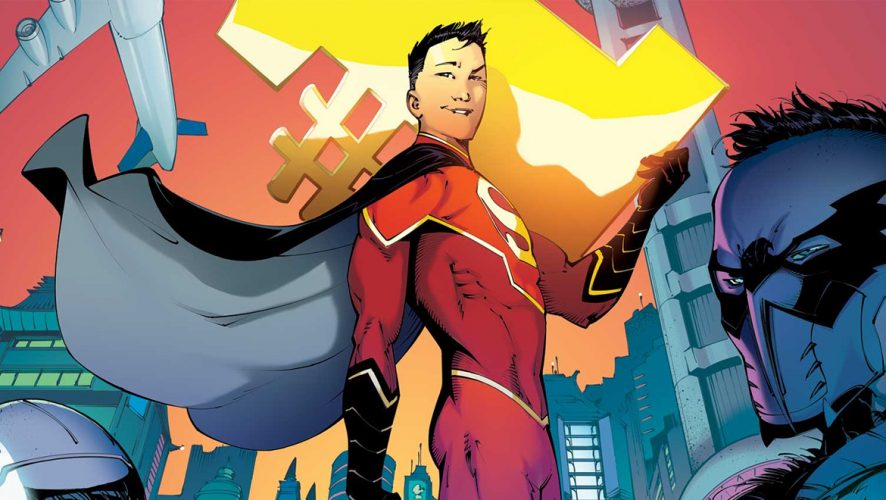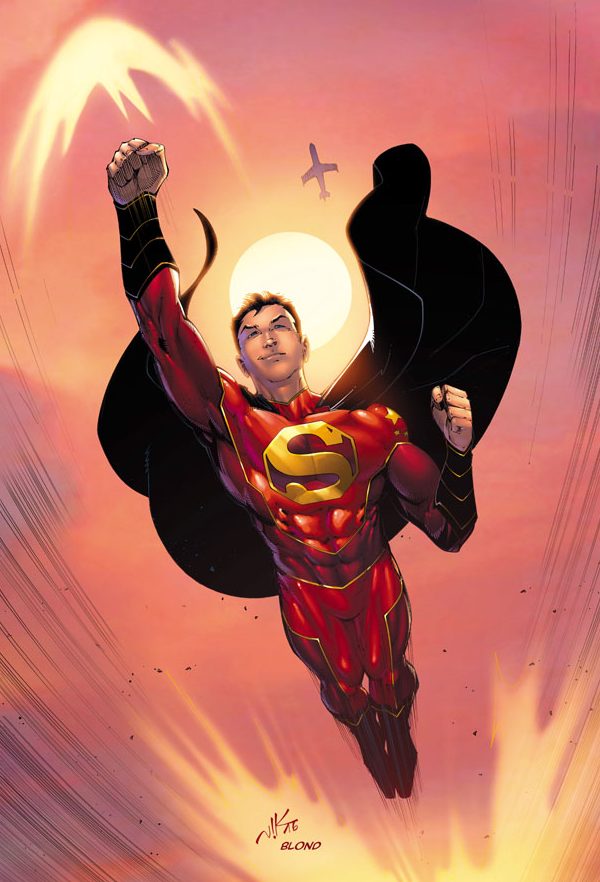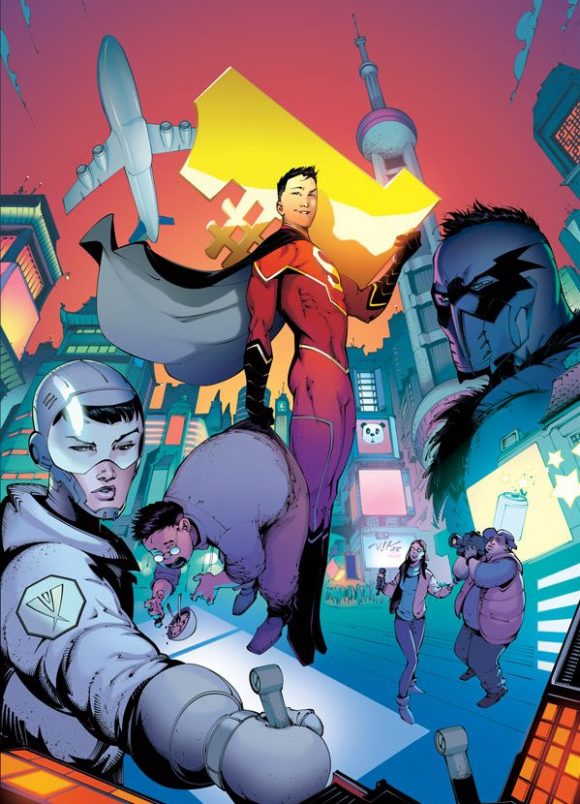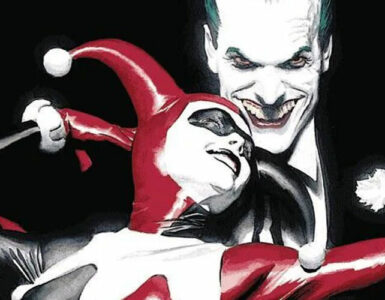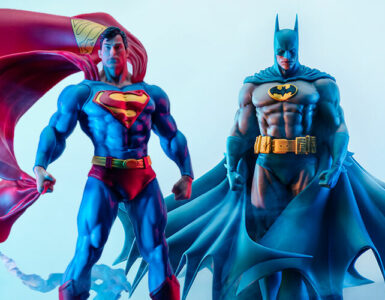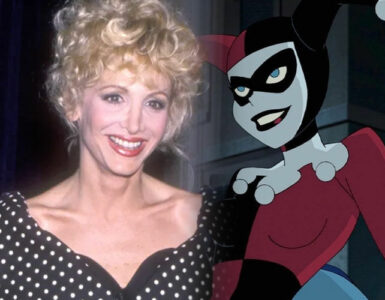I am a big fan of Gene Luen Yang’s “American Born Chinese”. I grew up watching Christopher Reeve as Clark Kent/Superman, so I was very curious when I heard that DC was expanding the Superman universe, to include a Chinese Super-Man. And it was to be written by Yang.
I was puzzled when I heard that the Chinese Super-Man was going to be Kong Kenan from Shanghai, but felt something was amiss in Yang’s logic when I read the interview on how Yang came up with the name. Yang missed a creative opportunity and instead fell into a rabbit hole of trying to please both Western and Eastern audiences.
I’m not arguing the ideology behind this particular Chinese Super-Man, but focusing on the idea of superheroes and their secret identity, and how this Chinese name makes little sense. With Superman, having Clark Kent as his secret identity represented the idea that anybody among us could be super, and could be a hero. Clark Kent represented the ordinary in anyone of us.
But Kong Kenan is anything but normal and I would’ve advocated for a Chinese name that the vast majority of Chinese males would have.
And Yang would’ve relieved himself of some of the burden in trying to justify this “special” name, as I’m somewhat puzzled by the choices made.
In a post on the DC Comics Blog, Yang made some points that I would like to analyze.
1. “The name would need to be a plausible Chinese name.”
So the new Super-Man is Chinese but I would’ve gone one step further, and shown that the Chinese Super-Man’s secret identity should’ve been not only a plausible Chinese name, but also a common Chinese name.Kong Kenan is not common in anyway.
I will concede that the Chinese give their children names based on anything, so almost anything is plausible.The Chinese people are even picking names that don’t exist in the Chinese government’s name database, but DC Comics and Yang are not picking a name for their son. They are picking a name for character that represents something more.
2. “The name’s meaning should relate to the character’s journey in some way.”
I stand by the idea of using a more normal name that still holds a meaning that is aligned with a character’s journey. But I am unclear as to the reasoning of using the word 南 (nan) in the name. If the purpose was to show that the character was from Shanghai, the abbreviation for Shanghai in Chinese is 沪 (hu) . I’m not sure that 南 (nan) appropriately represents “South” to a Chinese person any more than a boy in America who was born in California would be represented by the name “West”.
3. “The English version of the Chinese name should be derived using Pinyin. There are different ways of Romanizing Chinese. A lot of what we see in American Chinatowns uses a system called Wade-Giles (or is “Wade-Giles-ish”). Pinyin is now the standard in Mainland China, so that’s what I want to use in the book.”
This seems appropriate if the character and the book’s events take place in Mainland China.
4. “The English version should have the initials K. K. I want to use this as a mnemonic device to help readers connect the new character to Clark Kent. I can’t use C. K. because there is no hard c in Pinyin. The Pinyin c is pronounced “ts,” like in “cats.””
I don’t really understand who this mnemonic device is for. I would think that if he wanted to relate the name to the Chinese audience’s understanding of “Clark Kent”, then he would’ve been better off choosing the sound for “Kent”, because the initials wouldn’t play effectively for a Chinese audience, who do not depend on romanisation in everyday life. If K.K. was meant for an English language audience (including Chinese who understand English), I still think C.K. would’ve been more visually effective and the hard “K” would not be as important.
If the sounds were important, I’m also curious as to why Yang would chose a two-character given name versus a one character one. It’s his stage name, but Chinese star Jackie Chan goes by 成龙. Chinese martial arts master Ip Man (叶问) has it too.
If he wanted to keep with matching two syllables like Clark Kent, he certainly could’ve gone with a one more character to go with the surname, and then we wouldn’t have to deal with the extra third word.
5. “The English version should be immediately pronounceable by American readers who haven’t studied Pinyin. This means I have to avoid certain letters like x (pronounced kind of like “sh” in Pinyin) and q (pronounced kind of like “ch”).”
Sure.
6. “The Pinyin version cannot sound Japanese.”
Mr. Yang had announced that the name of the character would be 孔恳记 or Kenji Kong, and apparently received some backlash because the Pinyin sounded too much like a Japanese name. That may be an issue for English language speakers who associate Kenji with Japanese, but I think the bigger issue with 恳记 (or Kenji) is in its homonym associations.
“Kenji” sounds like “eating chicken”.
Mr. Yang mentioned that there is a Taiwanese popstar named Kenji Wu, but in Chinese his name is actually 吴克群 (Wu Kequn).
Further to the homonym associations with name “Kenan,” it also sounds much like “Conan” another hero that Chinese are familiar with. If the purpose was to come up with a very unique name for the Chinese audience in the same way Yang picked Kong over Kang to not confuse with another character in the Marvel Universe, I would’ve thought not mixing it up with another iconic hero character.
Other considerations are the sound of the name with the three characters together. Since he’s using the word 克 (Ke), which is in the 4th sound, and has a hard “K,” I would’ve chosen a second character that also used a 4th sound.
Naming is difficult, and I wish there was either more personal significance in the choice of the names, or have more story/mythology involved in the name of choice. Instead, Yang has created some unnecessary obstacles based on his flawed understanding of the Chinese culture and market, to end up with this. Despite the hiccups, I’m still curious as to the outcome of a China Super-Man, and this collaboration between Mr. Yang and DC Comics.
Jamie is an American living in Asia producing co-production features and content for China.

